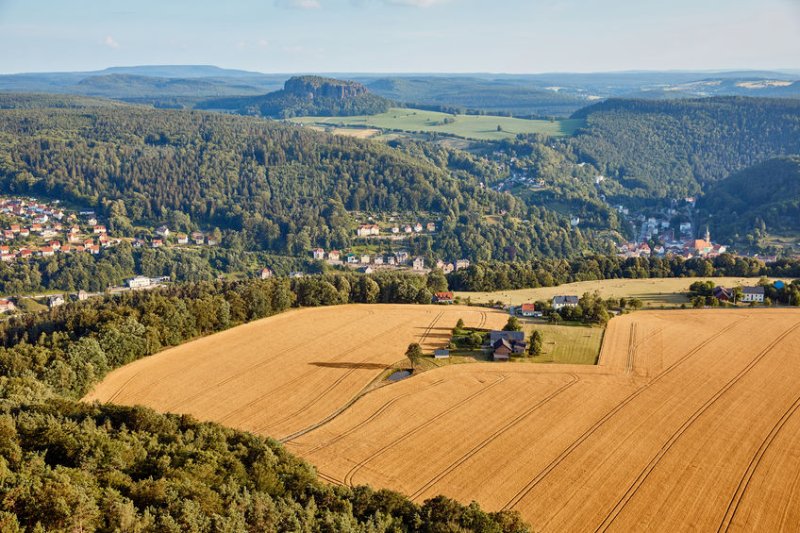
The Common Agricultural Policy is 'insufficient' in counteracting the decline in biodiversity on farmland in the EU, according to auditors.
A new report by the European Court of Auditors (ECA) has found 'gaps' in the EU 2020 biodiversity strategy and its coordination with the CAP.
Moreover, the European Commission’s tracking of CAP spending on biodiversity was 'unreliable' and most funding had 'little positive impact' on the environment.
Some CAP schemes have greater potential to improve biodiversity, but the Commission and member states 'favoured low-impact options', the report said.
In Europe, the number of species on farmland have declined over the years. Since 1990, populations of farmland birds and grassland butterflies have decreased by more than 30%
In 2011, the Commission agreed a strategy to halt biodiversity loss by 2020. It committed to increasing the contribution of agriculture to maintaining biodiversity.
It aimed to bring about a “measurable improvement” in the conservation status of species and habitats affected by intensive agriculture.
The auditors assessed whether the CAP had helped better conserve farmland biodiversity and how the EU was achieving its targets, visiting Cyprus, Germany, Ireland, Poland and Romania.
“The CAP has so far been insufficient to counteract declining biodiversity on farmland, a major threat for both farming and the environment”, said Viorel ?tefan, the ECA member responsible for the report.
The auditors found that the EU’s biodiversity strategy to 2020 had not set 'measurable targets' for agriculture, making it difficult to assess progress and the performance of EU-funded actions.
In addition, there was 'poor coordination' between EU policies and strategies dealing with biodiversity, which resulted, for example, in failure to address the decline in genetic diversity – a subset of biodiversity.
CAP direct farm payments account for around 70 % of all EU agricultural spending. However, the way the Commission tracks CAP spending benefiting biodiversity was 'unreliable', as it 'overstates' the contribution of some measures to biodiversity.
Moreover, their effect on farmland biodiversity was 'limited, or unknown', the report added.
Although some direct payment requirements, notably greening and cross-compliance, have the potential to improve biodiversity, the Commission and member states favoured low-impact options such as catch or nitrogen-fixing crops.
The auditors also found the cross-compliance sanction scheme had 'no clear impact' on farmland biodiversity and the potential of greening was 'underdeveloped'.
The report recommends the Commission to "better coordinate the 2030 biodiversity strategy, enhance the contribution of direct payments to farmland biodiversity and track budget spending more accurately".
